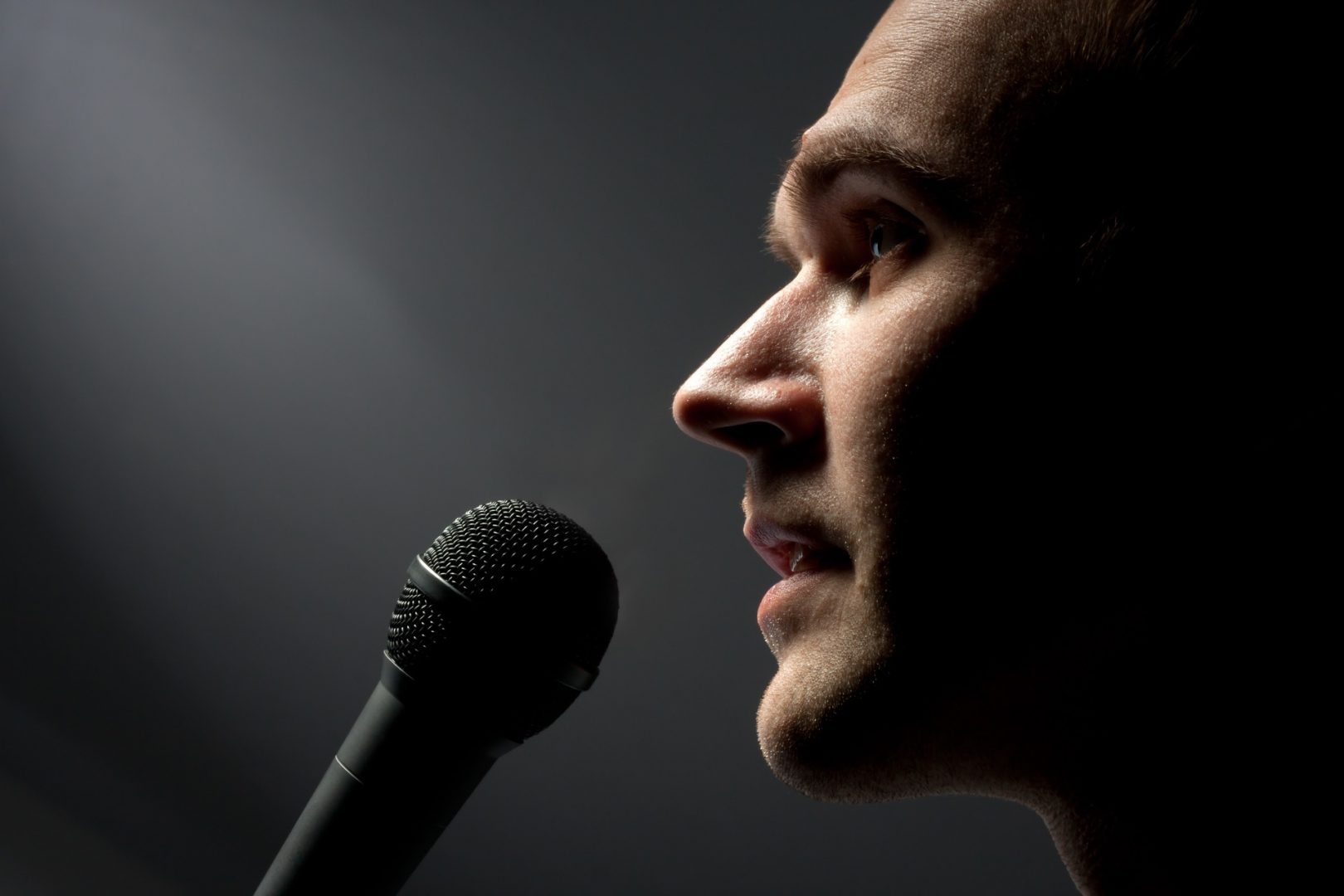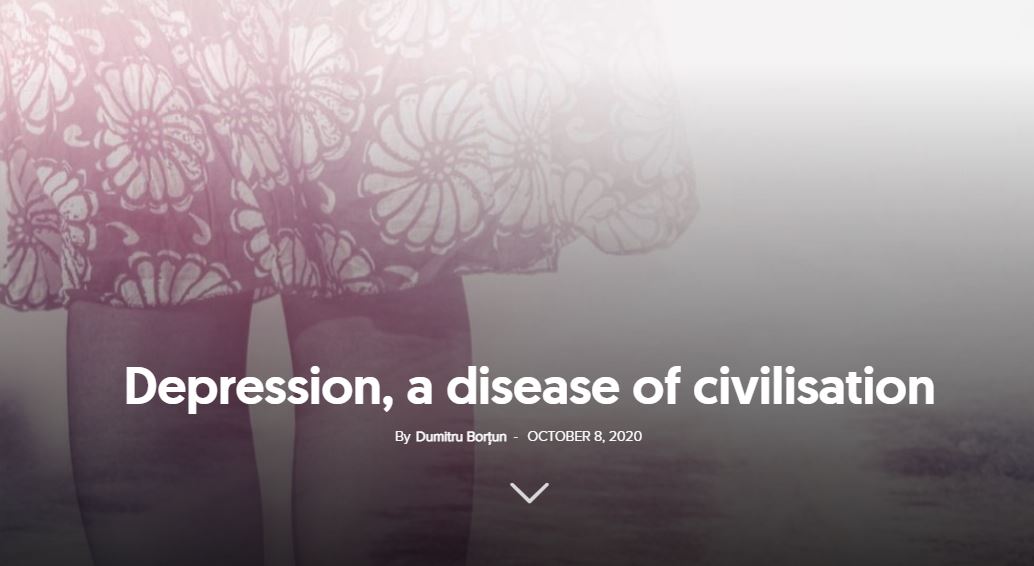It’s an invisible force, lurking and weighing heavily within, gradually convincing you that life isn’t worth much, that it’s better to let go. From the depths of depression, the journey back is incredibly tough, but not impossible. Kevin Breel is one of those people who can attest to this.
At just over five years old, Kevin realised his family wasn’t what a normal family should be. He had never witnessed any signs of affection between his mother and father, unlike what he saw in the homes of his friends. His parents slept in separate rooms, his father’s cluttered with beer bottles and ashtrays. His older sister seldom came home, always finding something to do with friends or her boyfriend.
Despite their picturesque house in a nice neighbourhood in the Canadian city of Victoria, none of this showed through the large windows. Kevin wished someone could see how lonely he felt. He would spend hours in his room, daydreaming of situations where he was happy. He felt different and out of place, and his introverted personality made him the target of school kids’ jokes. Things started to change when he befriended Jordan, a classmate. With Jordan, he could talk, no longer feeling alone, and Jordan’s family became his second family.
At the age of 12, Jordan, along with his mother, died in a car accident. With his friend’s death, the newfound happiness vanished, along with the connection to Jordan’s family and his father figure. He began to feel alone and invisible again, skipping school and sinking into sadness. He couldn’t go to the school where everyone knew of his loss, so he enrolled in a high school where he knew no one.
More than ever, the notion that someone from the new high school might see how much he was suffering made him search for another way to better conceal his depression. Kevin became one of the most popular students, thanks to his intelligence, humour, and athletic talent. In no time, he became the captain of the basketball team and the one who always had jokes at the ready. On the outside, he seemed like the most fulfilled and happy teenager. Only he knew how far from the truth that was. “I hated myself, and the way I found to hide it looked like radical self-acceptance.”[1]
The depressive moments, though not constant, returned in waves, making his life agonising. While during the day he managed to control suicidal thoughts, at night they hit with full force. On top of them, the feeling of guilt added to the burden. “I’ve always felt guilty for the depressive feelings. Mainly because I felt I didn’t have a good enough reason to feel this way.”
Nothing he tried to escape the depressive episodes worked. He read books promising healing, even changed his dietary habits, and kept a journal trying to free himself from thoughts and feelings. “Like a fish pulled out of water, I was floundering in all directions, trying to get back to safety and exhausting myself in the process,” Kevin recounts.
At 17, on Christmas Eve, he resolved to wait for another year, a time during which he aimed to overcome his depression. The alternative was suicide, but it didn’t take long for him to seriously consider that option. It was mid-February, and he was at a party where everyone seemed to be having a great time. Looking around, he was overwhelmed by the feeling that he could never be like them and that his entire facade of a life was unbearable. So, he went home and grabbed a bottle of vodka and a bottle of potent anti-inflammatories, ready to end his life.
Paradoxically, salvation came from the suicide note. As he began to write it, all the reasons didn’t seem strong enough. In a way he hadn’t realised before, with an objectivity that depression had overshadowed, he understood that all his problems were not insurmountable and that there was one option he hadn’t tried: asking for help.
He confessed everything to his mother, who stood by him and sent him to a psychologist. The problems weren’t immediately solved, but he learned to be patient and not to hide his depression. Today, Kevin doesn’t speak of it as something shameful, nor does he deny his past. Because “the past is always around, waiting, testing ways to dig its way into our lives. Even if you manage to distance yourself, you can never deny the experiences of the past. Perhaps the truth is that there is no escape, only acceptance.”
At a small TED educational event, Kevin shared his story, hoping that the nearly 80 people present would understand that the stigma society attaches to depression causes most sufferers to avoid seeking help. However, his speech was viewed on YouTube by hundreds of thousands of people and picked up by major online newspapers. Kevin uses the fame he gained to raise awareness about the need to discuss depression like any other illness, without shame or fear, and to help those in the same situation he was in five years ago. He confesses gratitude for depression, which taught him to truly live. “I know what it’s like to want to die. And now I can honestly say I know what it’s like to want to live.”




















